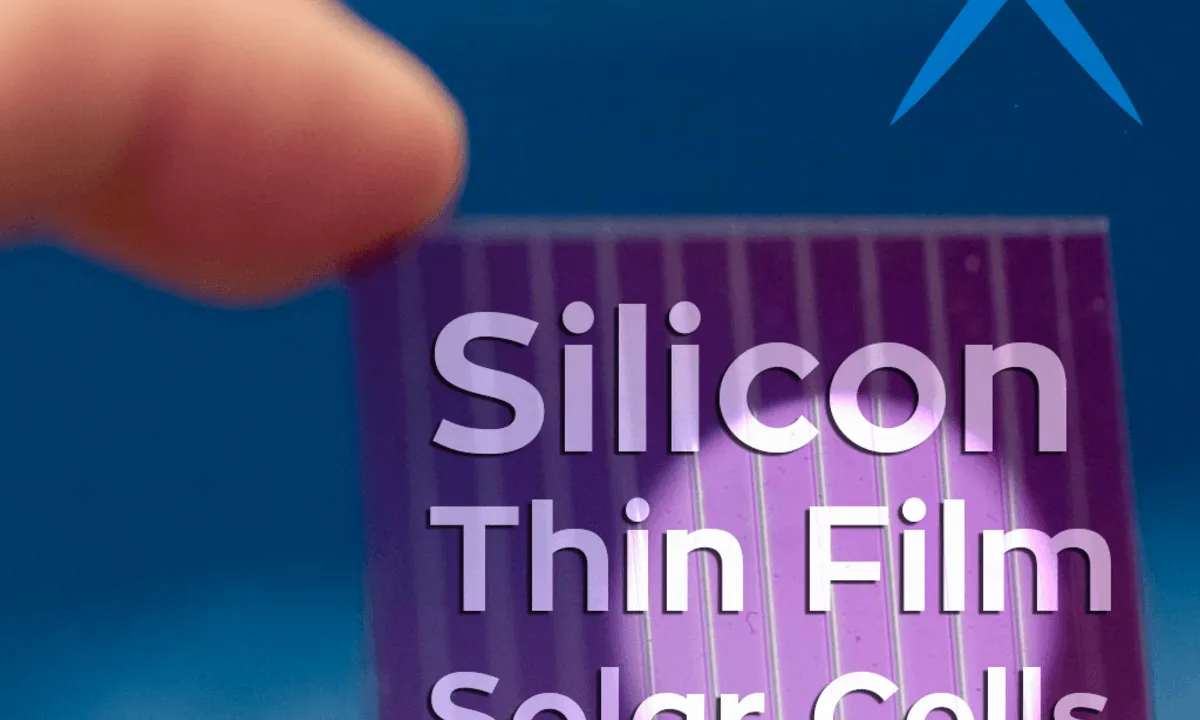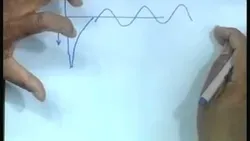
Silicon Thin Film Solar Cells 
This course provides an overview of solar cells based on silicon thin films, exploring their structure, properties, and applications. ▼
ADVERTISEMENT
Course Feature
![]() Cost:
Cost:
Free
![]() Provider:
Provider:
Coursera
![]() Certificate:
Certificate:
Paid Certification
![]() Language:
Language:
English
![]() Start Date:
Start Date:
17th Jul, 2023
Course Overview
❗The content presented here is sourced directly from Coursera platform. For comprehensive course details, including enrollment information, simply click on the 'Go to class' link on our website.
Updated in [April 29th, 2023]
This course, Silicon Thin Film Solar Cells, is the third MOOC of the photovoltaic series of Ecole polytechnique on Coursera. It provides an overview of solar cells based on silicon thin films. The course begins with a general presentation of solar cells operation, followed by a description of thin film semiconductors. The general properties of disordered and crystalline semiconductors are discussed, as well as the growth mechanisms of silicon thin films. The consequences of the semiconductor properties on solar cells behavior are also reviewed. Finally, the course covers the preparation of multijunctions and heterojunctions solar cells with high efficiency conversion.
[Applications]
The application of this course can be seen in the development of silicon thin film solar cells. After completing this course, students will be able to understand the general properties of disordered and crystalline semiconductors, the growth mechanisms of silicon thin films, and the optical properties of amorphous and nanocrystalline silicon. They will also be able to apply this knowledge to the preparation of multijunctions and heterojunctions solar cells with high efficiency conversion.
[Career Paths]
1. Solar Cell Engineer: Solar Cell Engineers are responsible for designing, developing, and testing solar cells and related components. They must have a strong understanding of the physics and chemistry of solar cells, as well as the ability to troubleshoot and optimize their performance. As the demand for renewable energy increases, the need for Solar Cell Engineers is expected to grow.
2. Solar Panel Installer: Solar Panel Installers are responsible for installing and maintaining solar panels and related equipment. They must have a good understanding of electrical systems and be able to work safely and efficiently. As the demand for renewable energy increases, the need for Solar Panel Installers is expected to grow.
3. Solar Energy Consultant: Solar Energy Consultants are responsible for providing advice and guidance to clients on the best ways to use solar energy. They must have a good understanding of the technology and be able to provide accurate and reliable advice. As the demand for renewable energy increases, the need for Solar Energy Consultants is expected to grow.
4. Solar Energy Researcher: Solar Energy Researchers are responsible for researching and developing new technologies and applications for solar energy. They must have a strong understanding of the physics and chemistry of solar cells, as well as the ability to design and test new technologies. As the demand for renewable energy increases, the need for Solar Energy Researchers is expected to grow.
[Education Paths]
Recommended degree paths for learners of this course include:
1. Bachelor of Science in Photovoltaic Engineering: This degree program provides students with a comprehensive understanding of the principles and technologies of photovoltaic systems, including the design, installation, and maintenance of solar cells. Students will learn about the physics of solar cells, the materials used in their construction, and the various types of solar cells, such as thin-film and crystalline silicon. This degree program is becoming increasingly popular as the demand for renewable energy sources grows.
2. Master of Science in Solar Energy Engineering: This degree program provides students with a comprehensive understanding of the principles and technologies of solar energy systems, including the design, installation, and maintenance of solar cells. Students will learn about the physics of solar cells, the materials used in their construction, and the various types of solar cells, such as thin-film and crystalline silicon. This degree program is becoming increasingly popular as the demand for renewable energy sources grows.
3. Doctor of Philosophy in Solar Energy Engineering: This degree program provides students with a comprehensive understanding of the principles and technologies of solar energy systems, including the design, installation, and maintenance of solar cells. Students will learn about the physics of solar cells, the materials used in their construction, and the various types of solar cells, such as thin-film and crystalline silicon. This degree program is becoming increasingly popular as the demand for renewable energy sources grows, and as the technology advances.
4. Master of Science in Renewable Energy Engineering: This degree program provides students with a comprehensive understanding of the principles and technologies of renewable energy systems, including the design, installation, and maintenance of solar cells. Students will learn about the physics of solar cells, the materials used in their construction, and the various types of solar cells, such as thin-film and crystalline silicon. This degree program is becoming increasingly popular as the demand for renewable energy sources grows, and as the technology advances.
Pros & Cons

Clear explanations and diagrams

Comprehensive knowledge of Silicon Thin Film Solar Cells

Expert teachers

Timely and appropriate numericals

Useful and interesting

Poor transcript

Strong accent

Unclear quiz questions

Long assignment completion time
Course Provider

Provider Coursera's Stats at AZClass
Discussion and Reviews
0.0 (Based on 0 reviews)
Explore Similar Online Courses

Advance Projects in Meteor : Build Apps Using JavaScript

Water and Wastewater Treatment Engineering: Biochemical Technology 水处理工程:生物化学方法

Python for Informatics: Exploring Information

Social Network Analysis

Introduction to Systematic Review and Meta-Analysis

The Analytics Edge

DCO042 - Python For Informatics

Causal Diagrams: Draw Your Assumptions Before Your Conclusions

Whole genome sequencing of bacterial genomes - tools and applications

Advanced Erosion Control Measures

Environmental Studies


Start your review of Silicon Thin Film Solar Cells